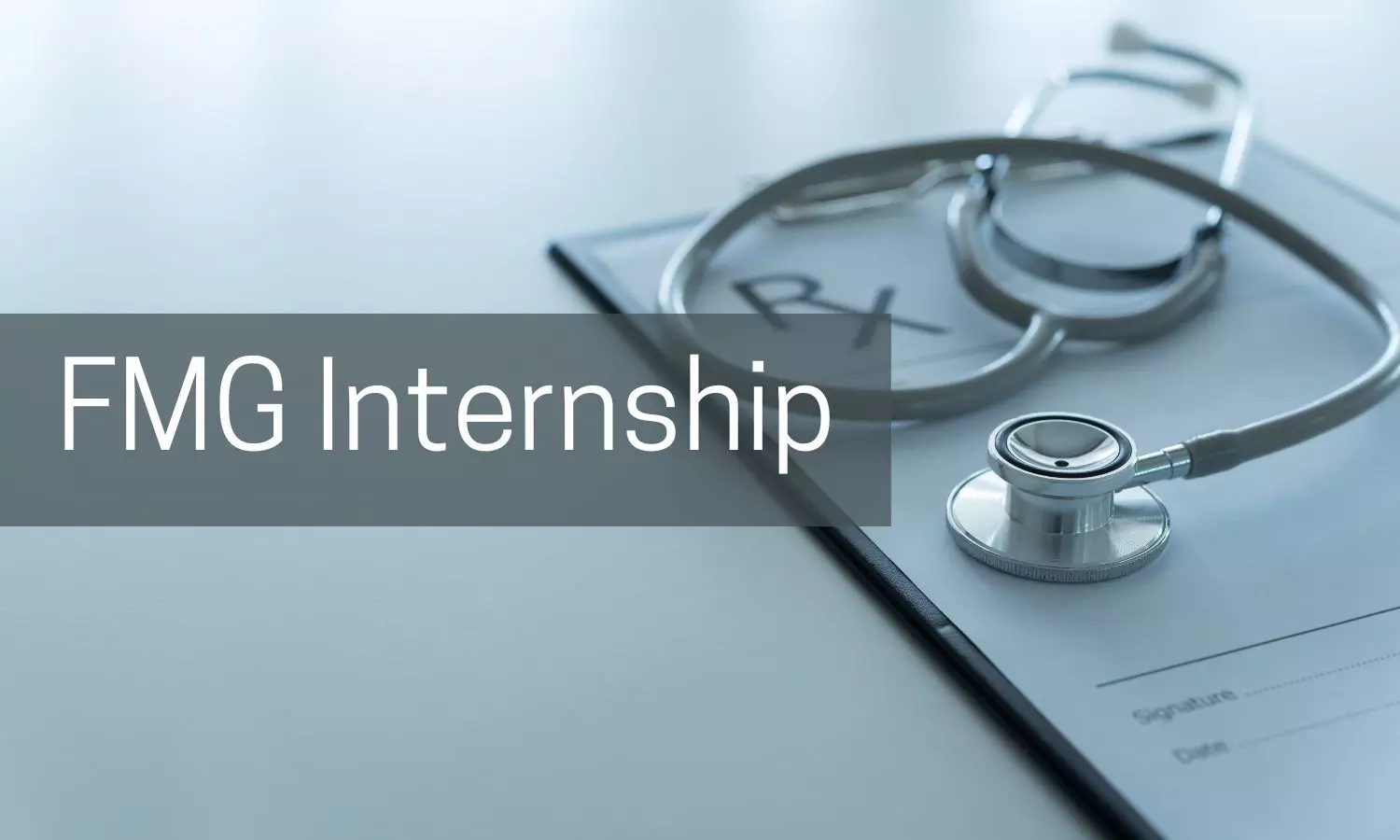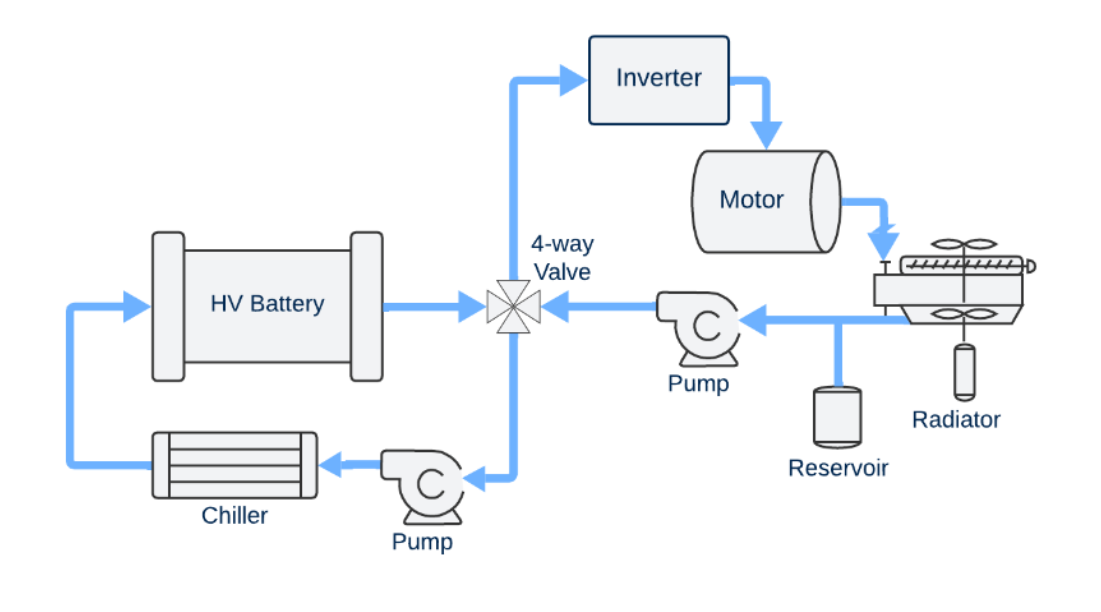Approximately one thousand Foreign Medical Graduates (FMGs) gathered at the National Medical Commission (NMC) headquarters to discuss important matters pertaining to internships and compensation certificates, amid ongoing discussions and debates regarding the obstacles experienced by FMGs. In response to these worries, the NMC has been hard at work creating a policy that would enable FMGs to undergo a medical practical skill examination every six months. According to an official source, the goal of this program is to evaluate the clinical skills of FMGs through a practical exam. If they pass, the remaining time of their Compulsory Rotatory Medical Internship (CRMI) will not be required of them.
The new policy is a possible compromise for FMGs, who conveyed dissatisfaction with the NMC’s June 7, 2024, circular. This circular suggested adding a full year to the current internship duration. The original decision to extend was made with the intention of resolving issues with FMGs’ practical exposure and efficiency. On the ground, nevertheless, this transition presented difficulties, especially with relation to internship availability, stipends, and general resources for FMGs.
After passing the Foreign Medical Graduates Examination, FMGs have had trouble finding internships (FMGE). Medical universities have resisted their demands for stipends that are equal to those of Indian medical graduates, which has made them reluctant to offer internships because of financial limitations. FMGs have lost time and become frustrated as a result of this predicament, as Dr. Sood, an FMG who recounted his experience of finding it difficult to get internships even though he met the requirements, pointed out.
Stipends for FMGs have been a contentious topic, with differing opinions from different parties. Even though the Supreme Court had earlier ordered equal pay for FMGs, state funding clearance is still pending in order to make these stipends possible. A loss of time and opportunity has resulted from this delay, which has made it harder for FMGs to get internships and get stipends.
The NMC responded to changing circumstances by validating the CRMI list of approved non-teaching hospitals for a two-year period, with the goal of expanding internship possibilities for FMGs. However, FMGs’ career trajectories and goals have been negatively impacted, particularly with regard to qualifying for tests like NEET PG, due to the continued frustrations and uncertainty caused by the delay in internship seat assignment and stipend provisions.
Since the verification and seat allocation processes in places like Tamil Nadu differ greatly from those in other regions, FMGs operating in these areas have been most impacted by the delay in internship seat allotment. Some FMGs have been compelled by this delay to look for internship opportunities in other states, which brings attention to the systemic issues and differences between various healthcare systems.Rejecting accusations of purposeful hold-ups, officials like Dr. Muruganathan of the Tamil Nadu Medical Council underscored how crucial it is to finish verification procedures and acquire required certifications prior to starting the internship assignment process. This explanation seeks to dispel myths and offer clarity on the processes involved in assigning internships.
In the midst of these changes, the Undergraduate Medical Education Board (UGMEB) released a circular from the NMC advising FMGs to prolong their internships by an additional year. This decision’s justification is based on worries that FMGs would acquire compensation credentials without completing the necessary training, jeopardizing the standard of patient care and medical education.
The FMGs expressed their displeasure and demanded the withdrawal of the circular in response to this one, congregating outside the NMC office. On the other hand, the NMC stands by its choice, citing it as a precaution to guarantee the caliber and efficacy of medical education provided to FMGs. The decision to prolong the internship program is intended to fix gaps in the training program and improve the preparedness of FMGs for careers in medicine.
SOURCE:
MEDICAL DIALOGUES








